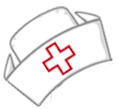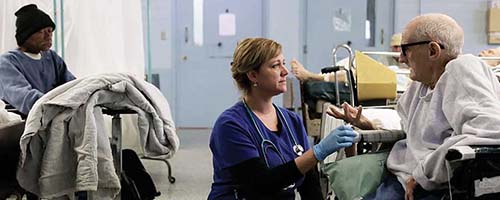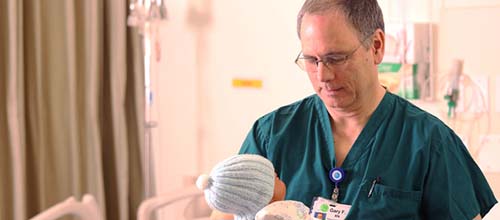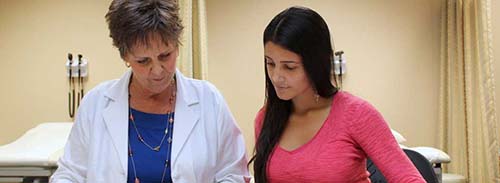
Are you starting to apply to nursing schools?
Looking for nursing programs to get your nursing degree can be a stressful task. Whether you are high school student looking to become a licensed practical nurse or a registered nurse or an RN looking to do advanced practice nursing as a nurse practitioner, you will have to deal with the nursing school transcript process.
As a side note, remember to verify that the RN or LVN programs that you are applying to are accredited nursing schools. To learn more about this issue, please visit our post about accredited nursing schools.
If you are looking to start your nursing career or just advance it, you will need to have transcripts sent for your previous schools and jump through the application hoops. It can be time consuming and costly with application fees.
Dealing with nursing school transcripts may be getting a bit easier.
There is a new trend happening at nursing schools as they are beginning to offer unofficial transcript evaluations. But before we get into that, I suppose we should talk a little bit about what transcripts are.
What is contained in a transcript?
In short, a nursing school transcript contains your academic career record from your High School and/or college or university. It will itemize all sorts of information. The primary elements are as follows:
- Name of Student
- Previous Schools Names, Addresses, and Phone Numbers
- List of Courses You Took – Usually by Year
- Dual Enrollment and/ or Any Honors – As Applicable
- Your Class Grades (either letter or numeric)
- Total GPA [Grade Point Average]
- Number of Credits Taken/ Achieved Per Semester & Year
- Grade Scale Used by That School
- Any State Proficiency Exams [if any]
- Graduation Date and Degrees Achieved
So as you see, there is quite a bit of information that each school keeps record of and includes in your transcripts. You will most likely need a transcript from each school that you have graduated from, or at least partially attended and what classes you had learning experiences.
Are transcripts different for RNs vs LVNs?
The transcript information will be the same whether the student is applying for RN or LVN schools. There are many different types of nurses made up of RNs AND LVNs. For those contemplating Licensed Vocational Nursing, becoming an LVN is still a viable nursing career pathway. Going into 2020, the average LVN salary continues to climb.
Unofficial vs Official Transcript
There are a couple of types of transcripts that you can order from each school. Usually there is a resource center at each university and sometimes a location online from where you can order your transcripts.
The official transcript is the type that each program to which you are applying will need from you. An official transcript is sealed in an envelope by the originating school to prevent tampering.
You can request the official transcript be sent directly to the nursing programs to which you are applying (and some require that) or to your home so that you can package everything together and send off as one unit to avoid missing information later down the line.
An unofficial transcript is all of the same information that is in an official transcript but it is not sealed. You can order these, and in fact can sometimes print right from the school’s website for your records.
At many Nursing Schools you can now ask for an unofficial or an official evaluation.
A major benefit of an unofficial evaluation is the availability of this service before the submission of a full application. This helps to give you more guidance on what your chances of being accepted are. This would give you time to correct any deficiencies.
This unofficial evaluation can give you time to take additional classes, or retake classes with less than desirable grades while you are getting an official evaluation submittal compiled and therefore you will be saving some time. Most nursing schools are doing unofficial transcript evaluations in less than 24 hours.
Be certain to keep back-up copies of your official unopened transcripts.
You should order and have several copies of official unopened transcripts from all of your schools in a file at home to be ready to send to the nursing school programs to which you are applying.
This is just in case they somehow get misplaced at the intended school, or get lost in the mail from your previous school.
Unfortunately this happens quite often and if you have spare copies of the official unopened transcripts at home, you can provide them right away instead of waiting the weeks it can take to get new ones sent from the originating school.




















